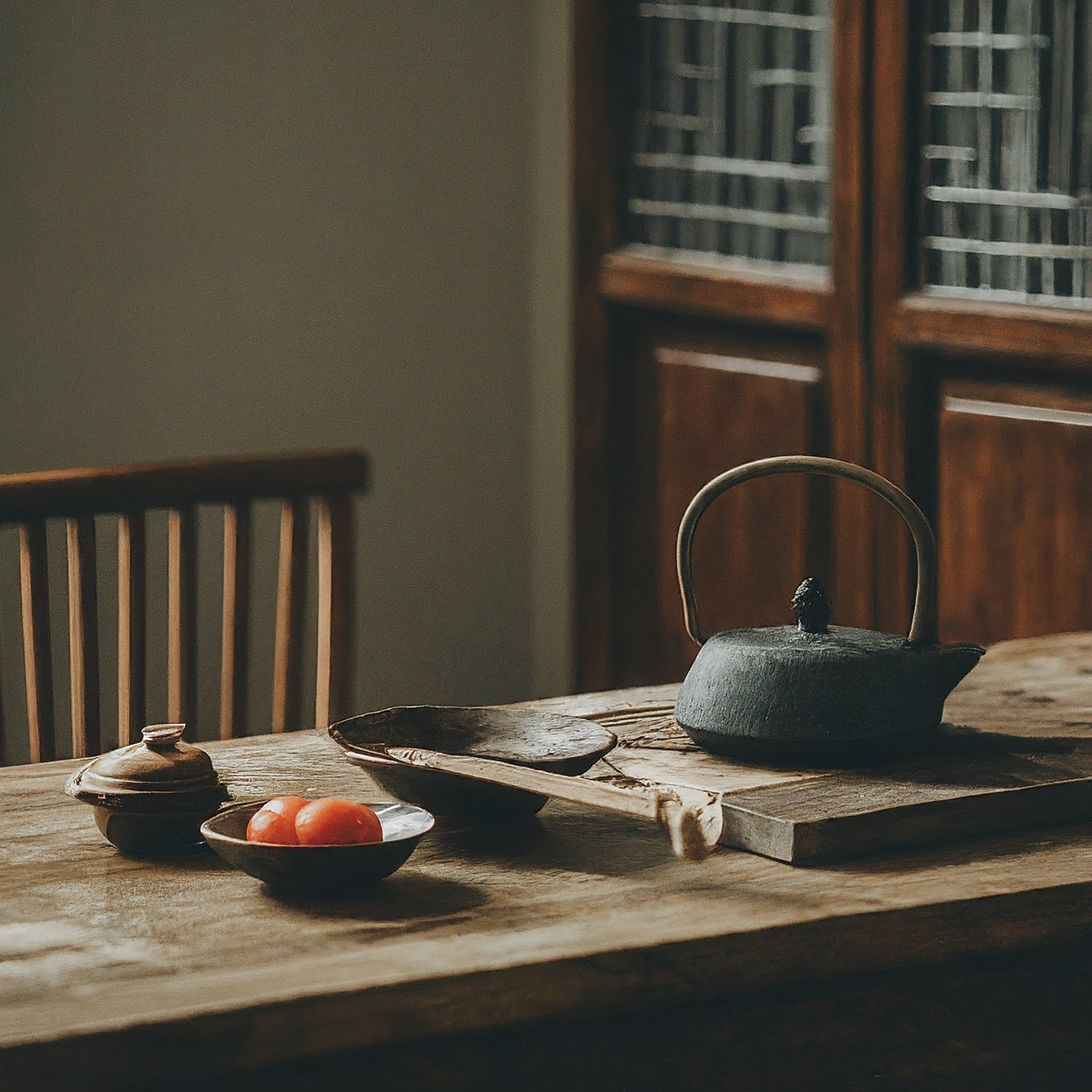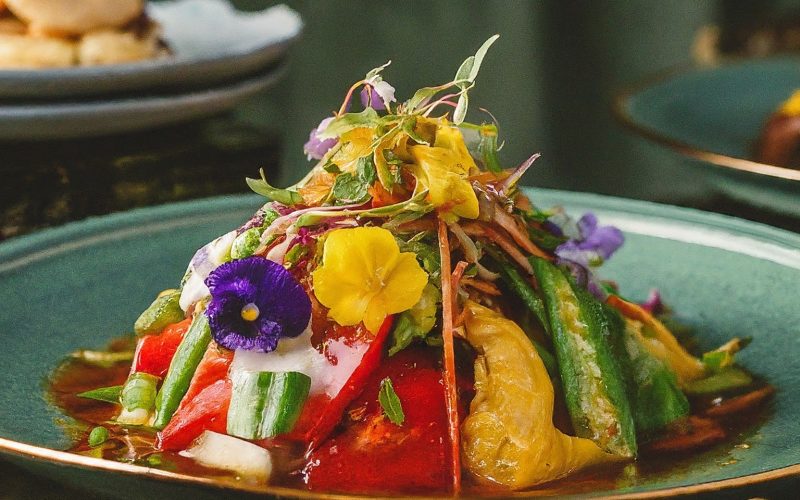About the Author:
I’m Liam, a travel and food enthusiast with a passion for exploring diverse culinary traditions around the globe. From the familiar comfort food to the downright bizarre, I believe every dish tells a story about a culture’s history and beliefs. Today, we’ll embark on a journey to China to discover a unique delicacy that might challenge your perception of food – Virgin Boy Eggs.
A Taste of Tradition: Exploring China’s Culinary Landscape
China boasts a rich and diverse culinary landscape, famed for its regional specialties, innovative cooking techniques, and an emphasis on fresh, seasonal ingredients. From the delicate flavors of Sichuan cuisine to the hearty broths of the north, Chinese food has captivated taste buds around the world. But within this vast culinary tapestry lies a dish that might raise eyebrows – Virgin Boy Eggs, a unique (and admittedly, unusual) delicacy.
Virgin Boy Eggs: Unveiling the Curious Delicacy
Virgin Boy Eggs, also known as Tongzi Dan (童子蛋), are eggs boiled in the urine of young boys who haven’t reached puberty. This practice, while uncommon, persists in certain parts of China, particularly in rural areas. The eggs are believed to hold medicinal properties, with some claiming they enhance vitality and strengthen the body.
The preparation process itself is not widely documented, but accounts suggest the urine is collected from pre-pubescent boys and the eggs are boiled in it for several hours. It’s important to note that due to ethical concerns and potential health risks associated with unhygienic practices, this tradition is not widely encouraged or endorsed.

Behind the Bizarre: Origins and Beliefs
The origins of Virgin Boy Eggs remain shrouded in some mystery. Theories suggest the practice might have stemmed from ancient Chinese medicine, where urine was sometimes used as a therapeutic agent. The belief that pre-pubescent boys possess a purer form of energy (jing 气) might have further fueled the association between their urine and supposed health benefits.
However, it’s crucial to acknowledge that these beliefs lack scientific backing. Modern medicine has debunked the notion of urine holding medicinal properties, and the potential health risks associated with consuming unhygienically collected urine far outweigh any perceived gains.
A Delicacy Divided: Exploring the Controversy
Virgin Boy Eggs are a highly controversial dish. Ethical concerns surrounding the collection of urine from young boys are a major point of contention. Additionally, the lack of scientific evidence for any health benefits raises questions about the legitimacy of the practice.
Furthermore, hygiene is a significant concern. Improper collection and storage of urine can lead to the growth of harmful bacteria, potentially causing illness in those who consume the eggs.
To Try or Not to Try? Weighing the Factors
Given the ethical and health concerns, it’s generally not recommended to seek out Virgin Boy Eggs. There are a multitude of delicious and culturally significant dishes to explore within Chinese cuisine that don’t carry the same baggage.
However, for the truly adventurous foodies out there, it’s important to understand the risks involved. Consuming these eggs should only be considered if prepared hygienically and sourced from a reputable source (which is highly unlikely).

Beyond the Eggs: Celebrating Cultural Diversity in Food
The story of Virgin Boy Eggs highlights the fascinating diversity of food cultures around the world. Culinary traditions are often deeply rooted in historical beliefs and practices, even if those beliefs don’t align with modern scientific understanding.
Instead of dismissing such traditions as simply “strange,” it’s more productive to approach them with an open mind and a desire to learn. Understanding the cultural context behind these practices allows us to appreciate the richness and complexity of human history and belief systems.
Exploring Alternative Aphrodisiacs
The aphrodisiac qualities attributed to Virgin Boy Eggs are another interesting aspect of this tradition. Cultures around the world have long sought out foods and ingredients believed to enhance desire and vitality. Here’s a quick look at some alternative aphrodisiacs:
- Oysters: Rich in zinc, a mineral linked to testosterone production, oysters have a long-standing association with romance.
- Chocolate: Containing phenylethylamine, a neurotransmitter sometimes referred to as the “love chemical,” chocolate is a popular symbol of pleasure and indulgence.
- Maca Root: This Peruvian root vegetable has been used for centuries as an aphrodisiac. Studies suggest it may have hormonal benefits, although more research is needed.
Conclusion: A World of Culinary Adventures Awaits!
Virgin Boy Eggs may be a curiosity, but they represent just one facet of China’s vast culinary landscape. From the delicate flavors of steamed dumplings to the fiery kick of Sichuan hotpot, there’s a world of deliciousness waiting to be explored.
The next time you embark on a culinary adventure, be it in China or anywhere else, approach it with an open mind and a sense of respect for local traditions. You might just discover your new favorite dish, or at the very least, gain a deeper appreciation for the fascinating diversity of food cultures around the world.
So, ditch the Virgin Boy Eggs and delve into the world of authentic Chinese cuisine. Your taste buds (and your stomach.









